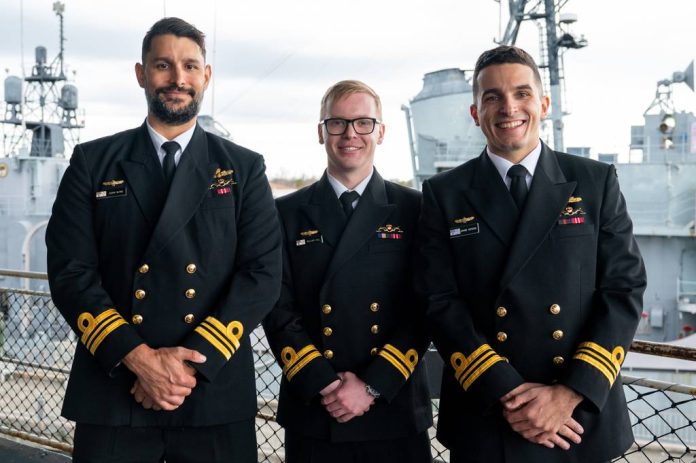By Eric Lies*
With the continuing implementation of AUKUS Pillar 1, it’s imperative that the culture of the budding Australian nuclear navy is built with care. Failure to lay the cultural foundation now would risk creating a force that’s undermanned, overworked and unprepared for conflict. (The Australian Strategic Policy Institute. The Strategist.)

